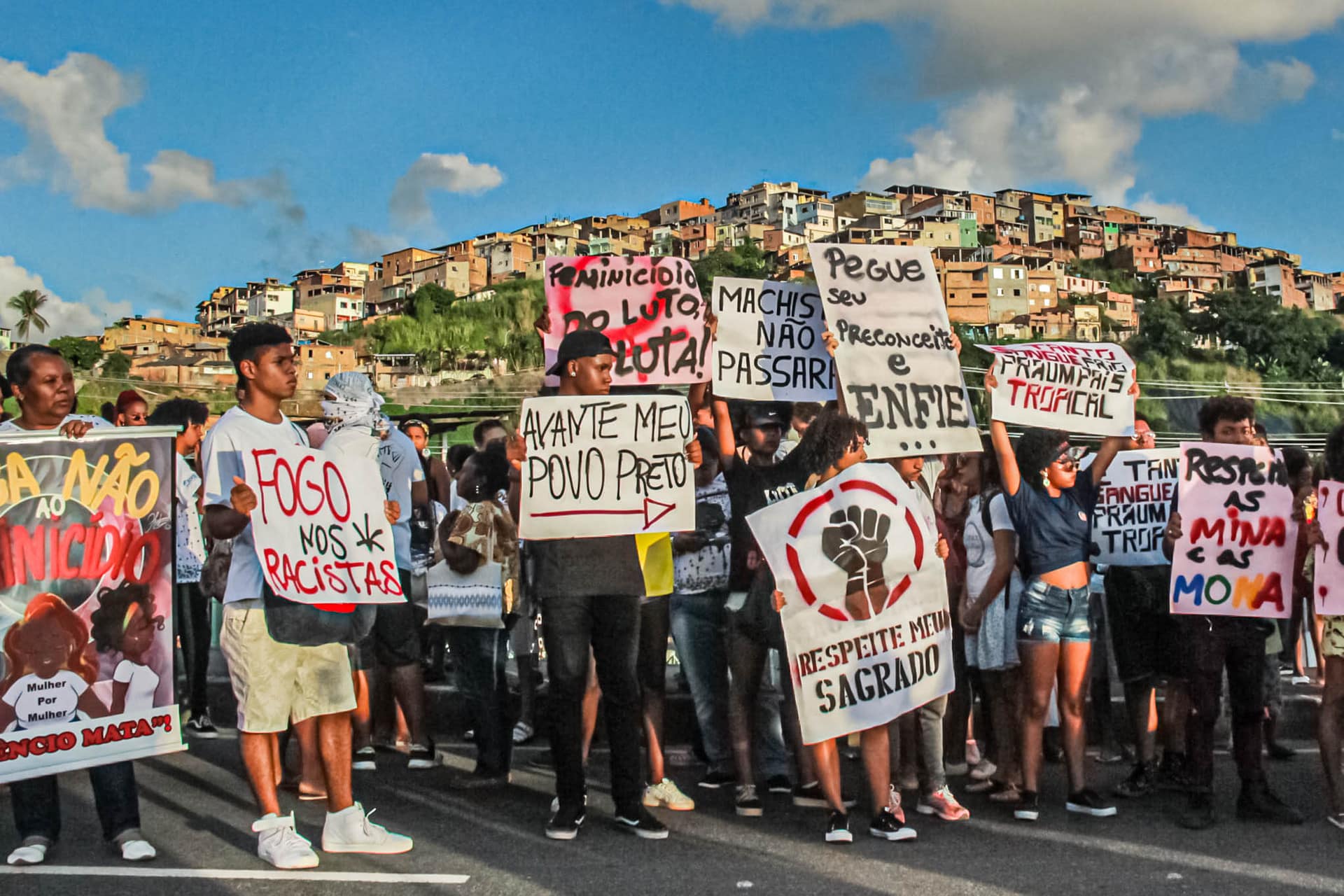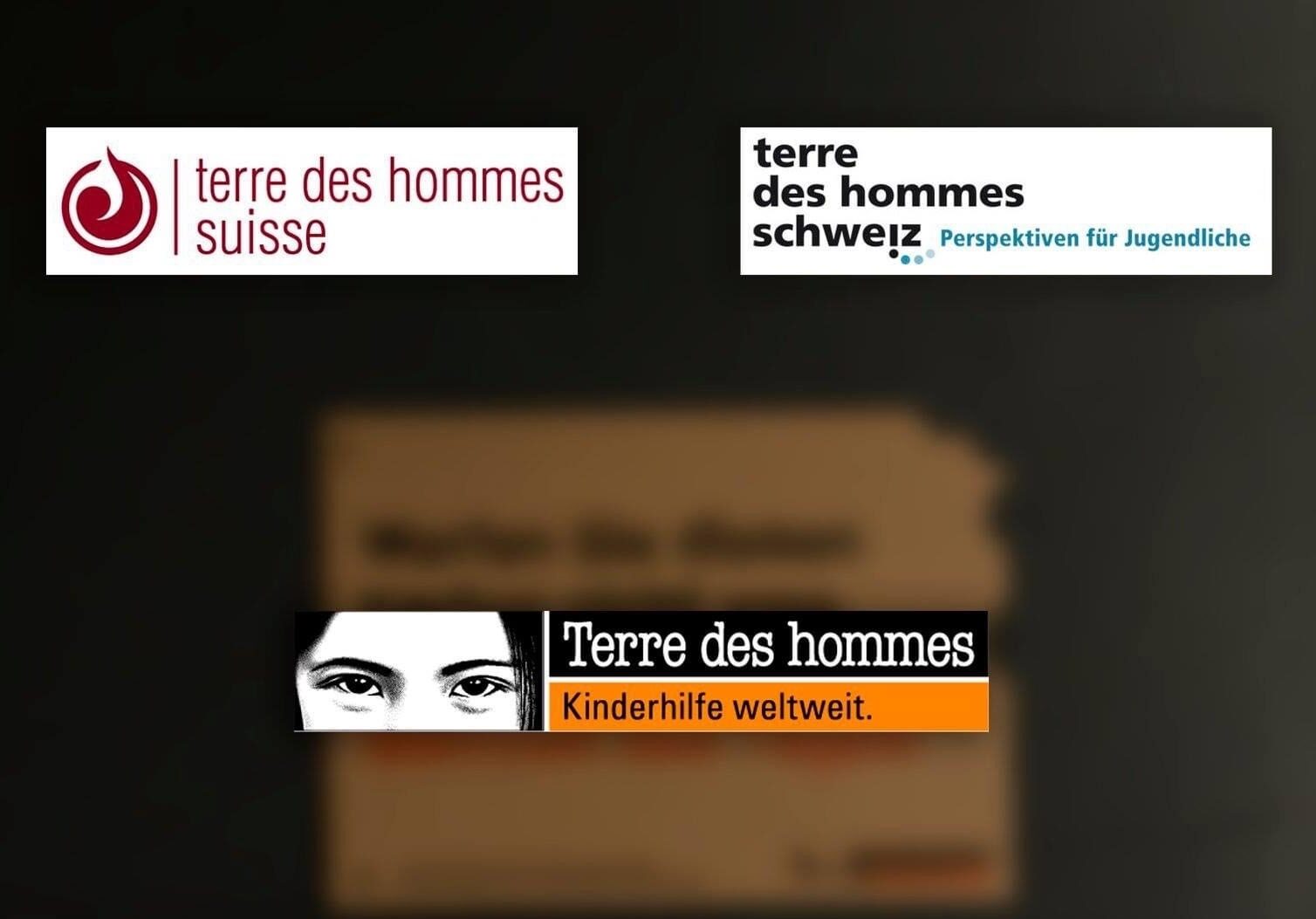The latest SECO figures on war material exports show: Despite the coronavirus crisis, the Swiss arms industry’s export business is flourishing. To ensure effective control of arms exports, terre des hommes schweiz is part of the alliance behind the corrective initiative and takes a clear stance on the Federal Council’s indirect counter-proposal.
From armored vehicles and tear gas to handguns and ammunition: the international arms trade is a lucrative business and Switzerland, which prides itself on its humanitarian tradition, is an important player with its arms industry and rapidly increasing export volumes.
According to the latest half-year figures for 2020 from the State Secretariat for Economic Affairs SECO, Switzerland exported war material worth CHF 501 million to 55 countries between January 1 and June 30, 2020. This corresponds to an increase in exports of 84% compared to the first half of 2019, with exports worth around CHF 273 million.
Correction initiative against “loopholes for tricky business”
“We need stronger democratic control of the massive increase in arms exports,” says Andrea Zellhuber from the Violence Prevention Unit at terre des hommes schweiz. The development organization for young people in Africa, Latin America and Switzerland is involved in the “Alliance against Arms Exports to Civil War Countries”. “We see the corrective initiative as an important opportunity to reverse the relaxation of the licensing criteria,” says Andrea Zellhuber.
Since 2014, the Federal Council has been able to issue a license for arms exports to countries if there is “a low risk that the war material to be exported will be used for serious human rights violations”. “There are many loopholes for tricky business,” says Andrea Zellhuber. terre des hommes schweiz therefore made a corresponding contribution to the consultation on the Federal Council’s indirect counter-proposal to the corrective initiative.
Switzerland’s responsibility
According to Andrea Zellhuber, terre des hommes schweiz is not only concerned with countries where there is civil war: “We know from our projects in countries heavily affected by violence, such as Brazil or South Africa: More weapons and a repressive security policy lead to a vicious circle of deadly violence.” Easy access to “highly potent firearms, including from abroad, drives up the spiral of violence”, she says. “Switzerland has a great responsibility here. It must not allow weapons to be exported to countries that systematically violate human rights.”



